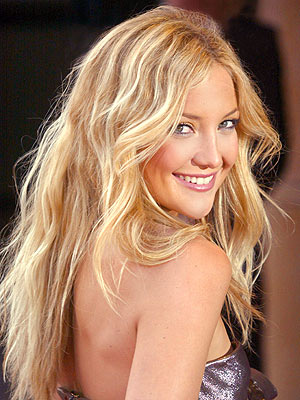Corri English (born Corri Englisby, Atlanta, Fulton County, Georgia, May 10, 1978) is an American actress.
English has worked with actress Danielle Panabaker twice - once in Stuck in the Suburbs (2004) and then in Searching for David's Heart (2004). As a young girl during the late '80s and early '90s, she was a frequent host of Kidsbeat and a few other kids shows on TBS (prior to the merger of Turner Broadcasting System with Time Warner). She is also a longtime friend of actress Christine Lakin, with whom she is producing a short film yet to come.
Filmography * Space Ghost Coast to Coast (1 episode, "Sequel", 1999) .... Galaxy Girl
* Shake, Rattle and Roll: An American Love Story (1999) (TV) ....
* Dawson's Creek (1 episode, "The Anti-Prom", 2000) .... Barbara Johns
* Going to California (1 episode, "A Little Hard in the Big Easy", 2002) .... Joanne
* Runaway Jury (2003) .... Lydia Deets
* Joan of Arcadia (2 episodes, "The Election" and "Queen of the Zombies", 2004-2005) .... Elizabeth Goetzman
* One Tree Hill (1 episode, "Spirit in the Night", 2004) .... Claire Young
* No Witness (2004) .... Britney Haskell
* Stuck in the Suburbs (2004) (TV) .... Jessie Aarons
* Searching for David's Heart (2004) (TV) .... Jayne Evans
* 3: The Dale Earnhardt Story (2004) (TV) .... Kelly Earnhardt
* RedMeansGo (2005) .... Lucy
* Without a Trace (1 episode, "Requiem", 2006) .... Amy Jordano
* The Bedford Diaries (8 episodes, 2006) .... Natalie Dykstra
* Unrest (2006) .... Alison Blanchard
* CSI: Miami (1 episode, "Going Under", 2006) .... Angela Downey
* Justice (2 episodes, "Shot to the Heart" and "Christmas Party", 2006) .... Kelly Wright
* Campus Ladies (1 episode, "Barri & Joan Rush a Black Sorority", 2007) .... Sorority Girl
* NCIS (1 episode, "Friends & Lovers", 2007) .... Lisa Delgado
* House of Fears (2007) .... Samantha
* Winter Tales (2007) TV mini-series .... Shannon / Tim / Mom / Rachel (voice)
* Killer Pad (2008) .... Jezebel
* The Tiffany Problem (2008) .... Tiffany Hane
* Broken Windows (2009) .... DJ










